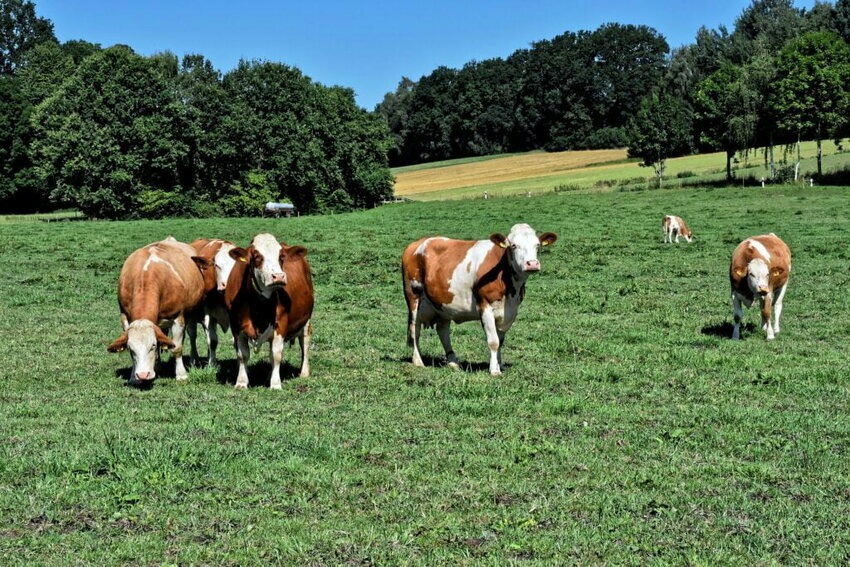 (Credit: Pixabay)
(Credit: Pixabay)New Zealand’s Silver Fern Farms is making a first-time commitment to regenerative farming that it says will help it eliminate the use of coal by 2030. According to Stuff, Silver Fern Farms uses coal at six of its 14 plants and the cost to remove it will be nearly $23 million. The publication says the red meat industry is New Zealand’s largest manufacturer and uses about 63,000 metric tons of coal a year.
The red meat producer Silver Fern Farms aims to support its farmers with these goals through education and financial incentives as it strives to reduce emissions, improve soil health and limit its overall agricultural intensity. The company’s goals include cutting its coal use by half by 2023 and two-thirds by 2025.
Regenerative farming and agriculture are seen as an important piece of reducing emissions in the industry. The United Nations says food production accounts for a third of the world’s emissions, and 35% of that is from methane from livestock.
That has led to carbon reduction efforts, such as a program in California to turn cow manure from dairy farms into a clean natural gas. Other practices can enrich soils while capturing carbon from the air.
Companies like McDonald’s, Starbucks and PepsiCo have all introduced regenerative agriculture practices. An effort by PepsiCo is expected to reduce at least 3 million tons of greenhouse gas emissions by 2030.
Silver Fern Farms is also using a grant of more than $2.5 million from New Zealand’s Energy Efficiency and Conservation Authority to help eliminate its coal use and reduce its emissions.
The effort to introduce regenerative farming is part of Silver Fern Farms’ overall sustainability goals that so far have seen it reduce its fossil fuel use by 12% and reduce its energy usage by 17% since 2017. The meat company seeks to reduce its emissions by 30% per metric ton of product by 2030 based on 2005 numbers.
Also as part of these objectives, Silver Fern Farms is introducing its first net zero carbon beef products in the United States this month. The company supplies meat to more than 60 countries worldwide.